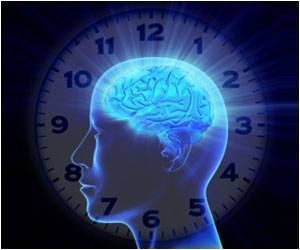Circadian rhythms boost the body’s ability to fight intestinal bacterial infections. Targeted therapy that alters circadian gene controlled system response may turn into reality.

The early online edition of Proceedings of the National Academy of Sciences reports the latest study that sheds more light in to the intricacies of circadian rhythms. Researchers suggest that these rhythms can boost the body’s ability to combat intestinal bacterial infections, notably those caused by salmonella.
Studies conducted on mice infected with salmonella show that circadian-controlled genes govern the immune response to the invading pathogen. Infection potential and the immune system’s ability to deal with pathogens differ between day and night. “We think these findings may be broadly applicable to other infectious diseases in the gut, and possibly in other organs controlled by circadian patterns,” says Raffatellu, Assistant Professor of Microbiology & Molecular Genetics who lead the study along with UC Irvine’s Paolo Sassone-Corsi, one of the world’s leading researchers on circadian rhythm genetics.
It is true that mice, which are nocturnal creatures, have circadian rhythms opposite to those of humans. But the results do provide clues regarding the influence that circadian-controlled intestinal genes have on the human immune system.
Sassone-Corsi believes that learning more about the circadian genetics is vital. "This gives us the ability to target treatments that supplement the power of the body clock to boost immune response," he said.
Reference: Proceedings of the National Academy of Sciences.











